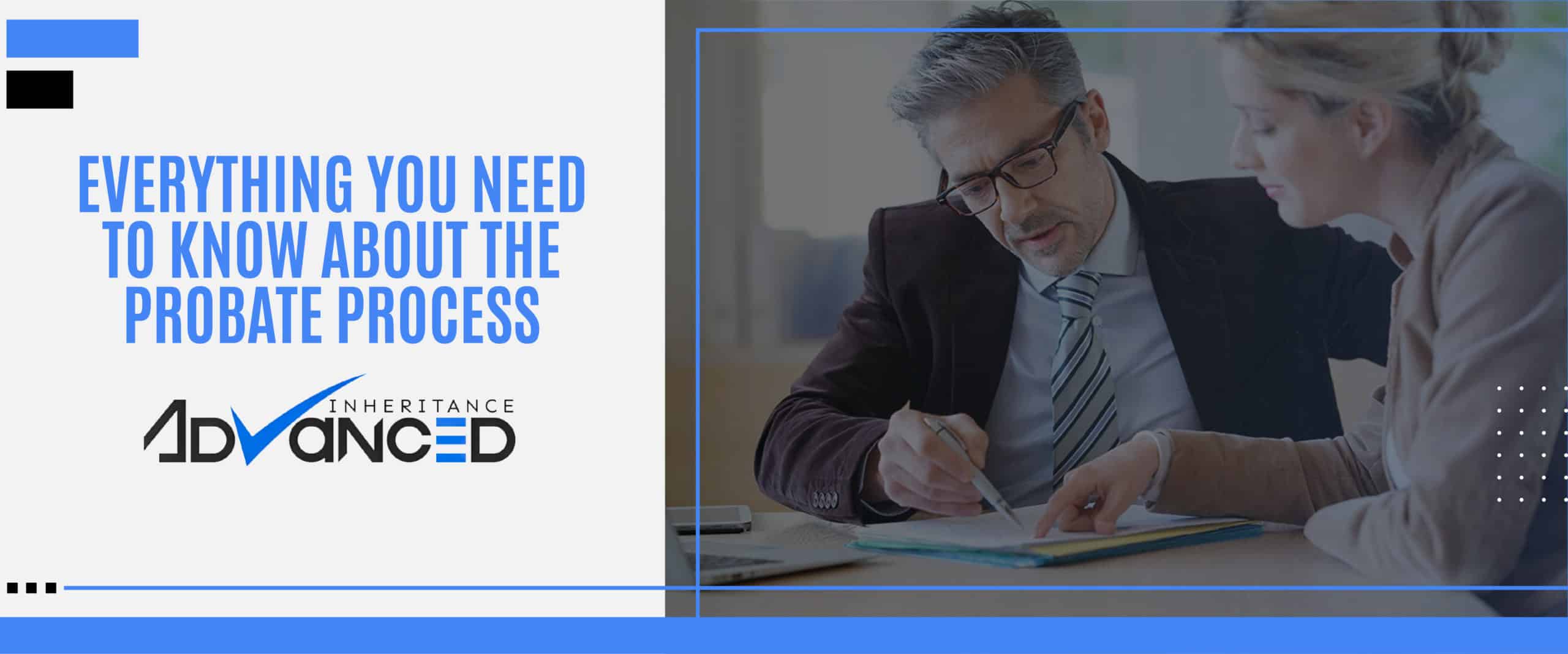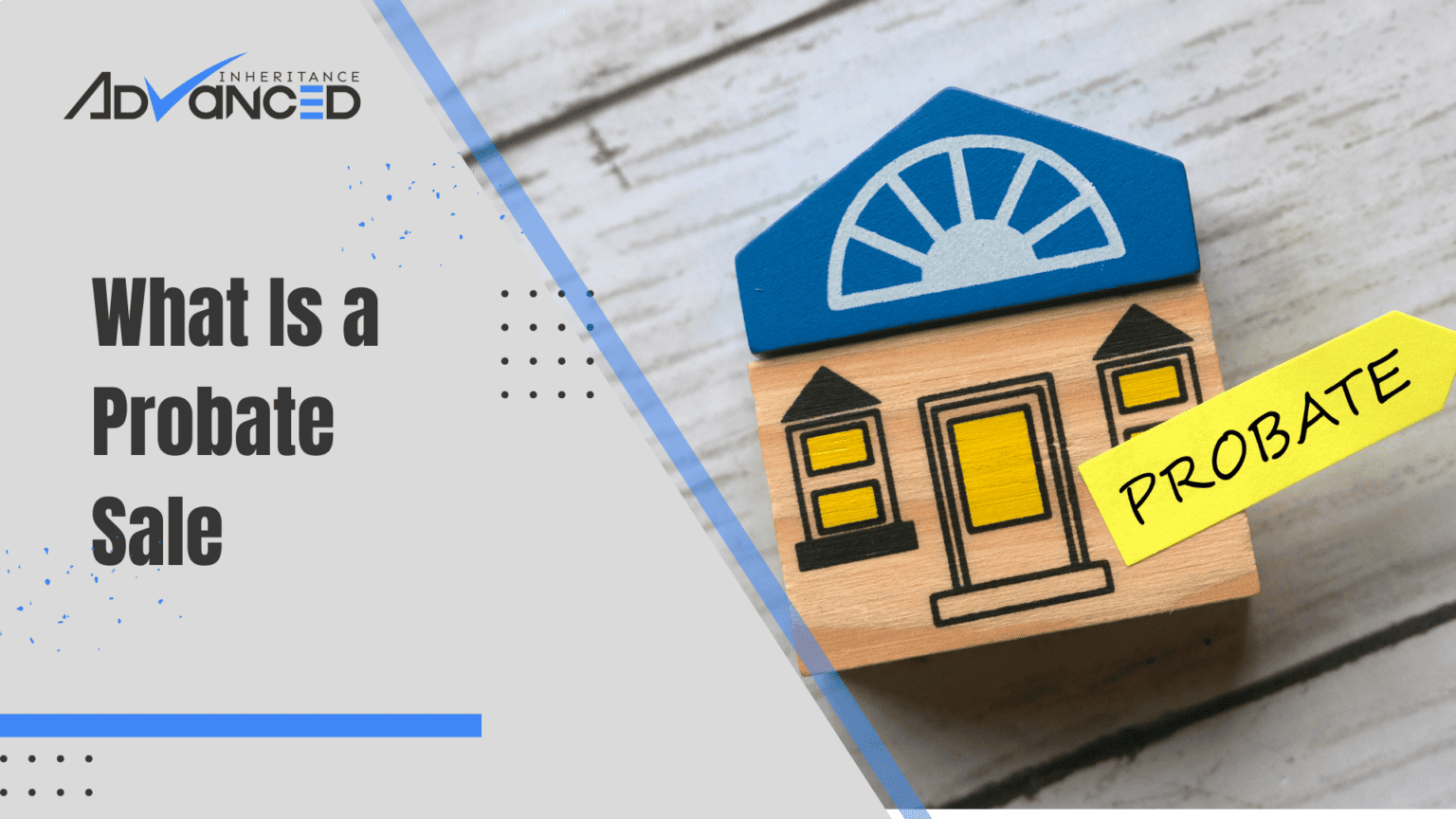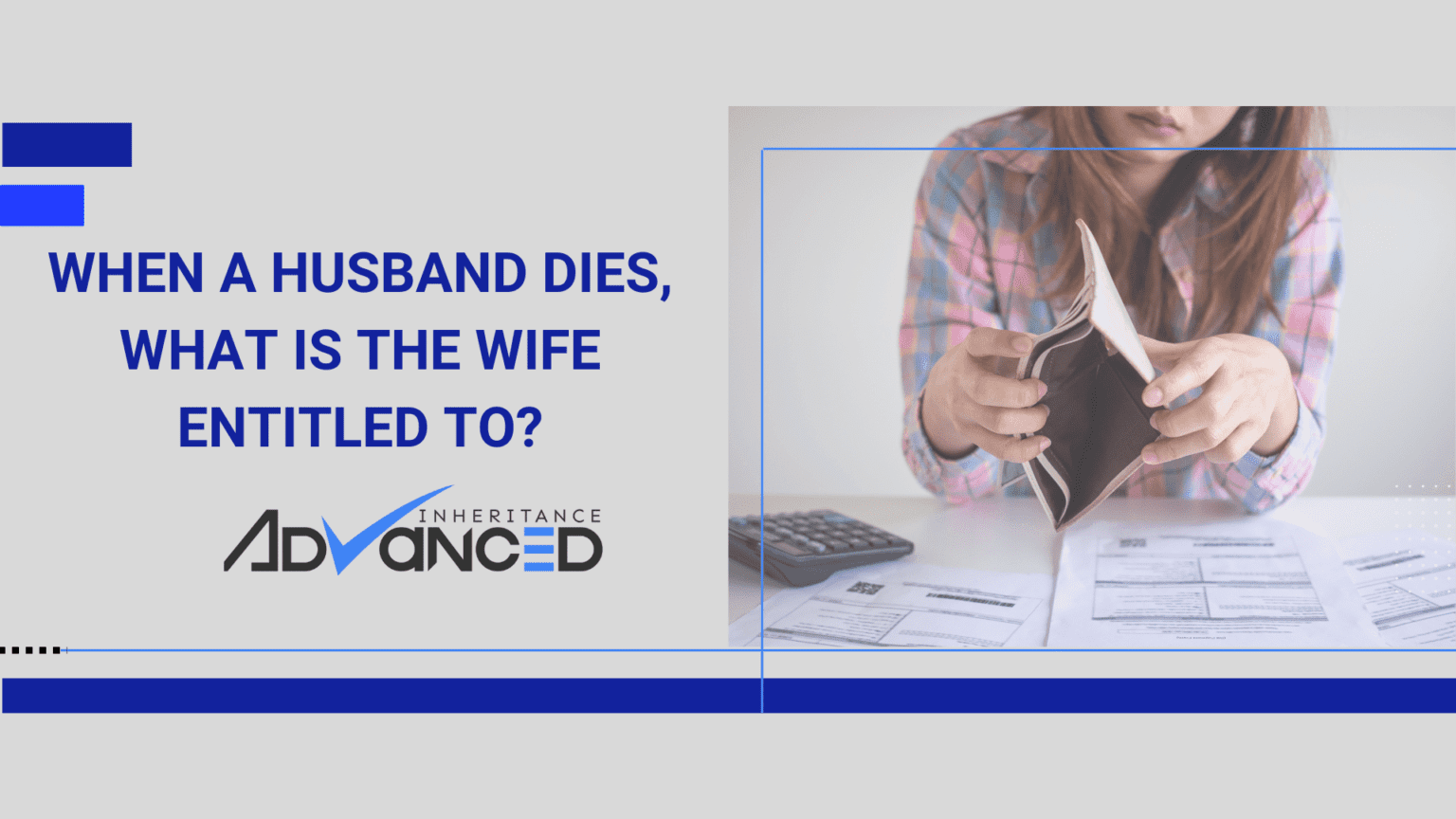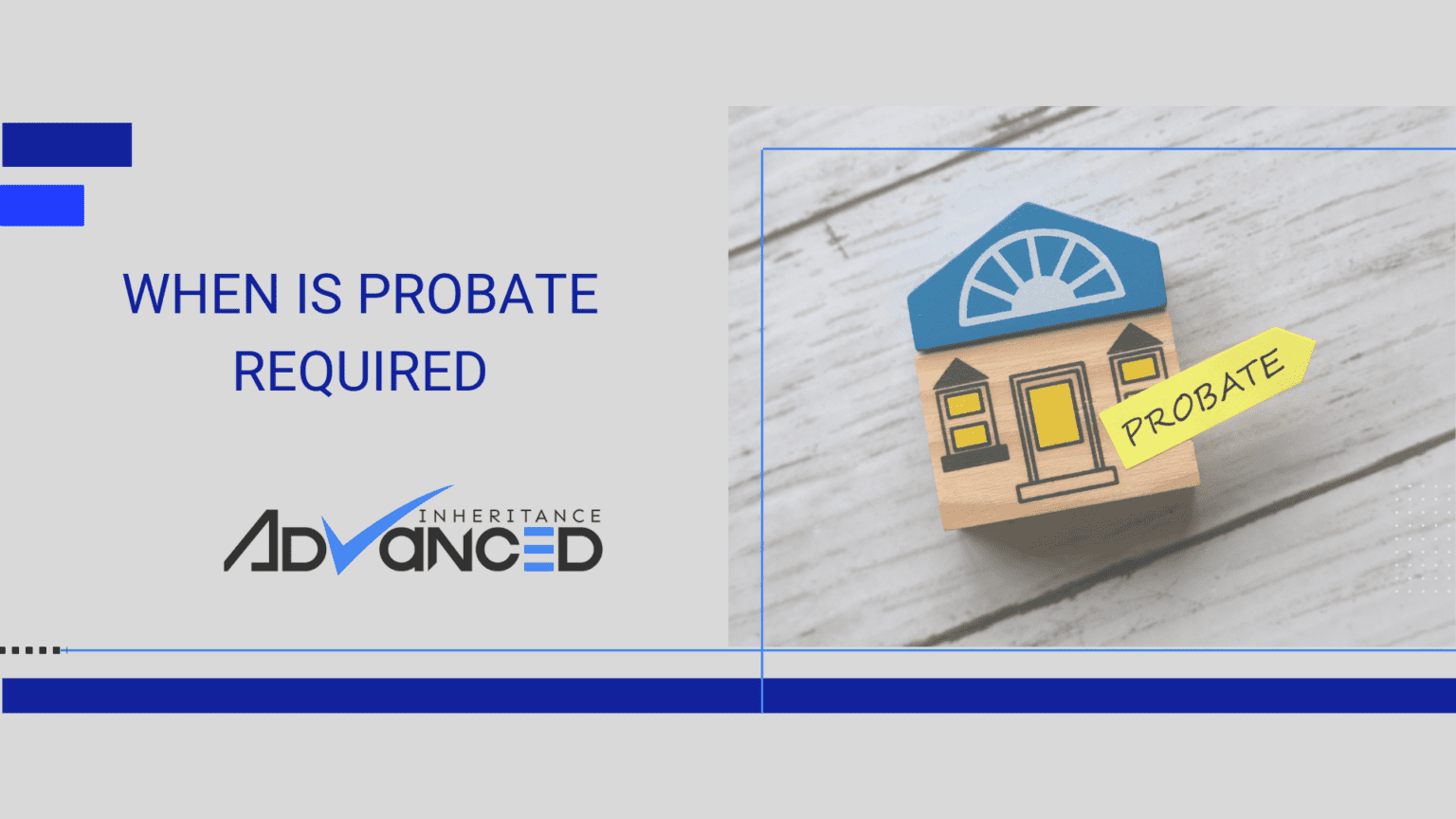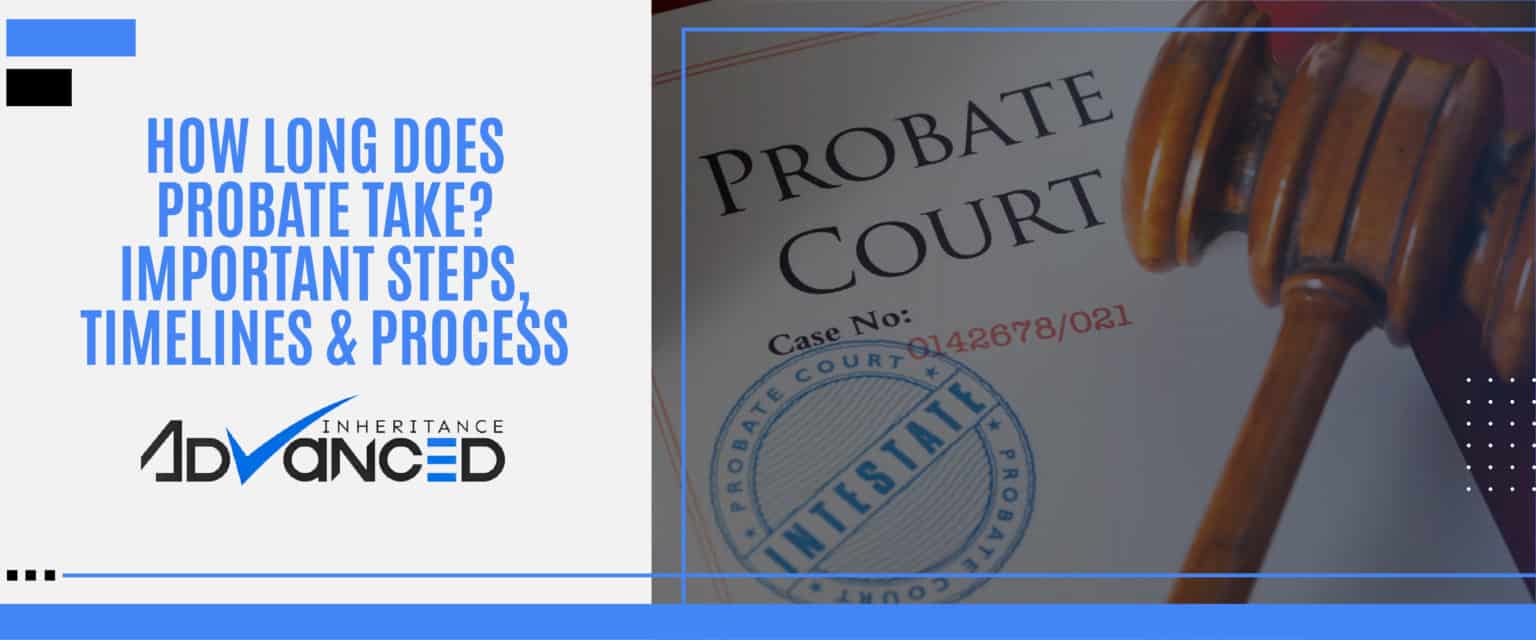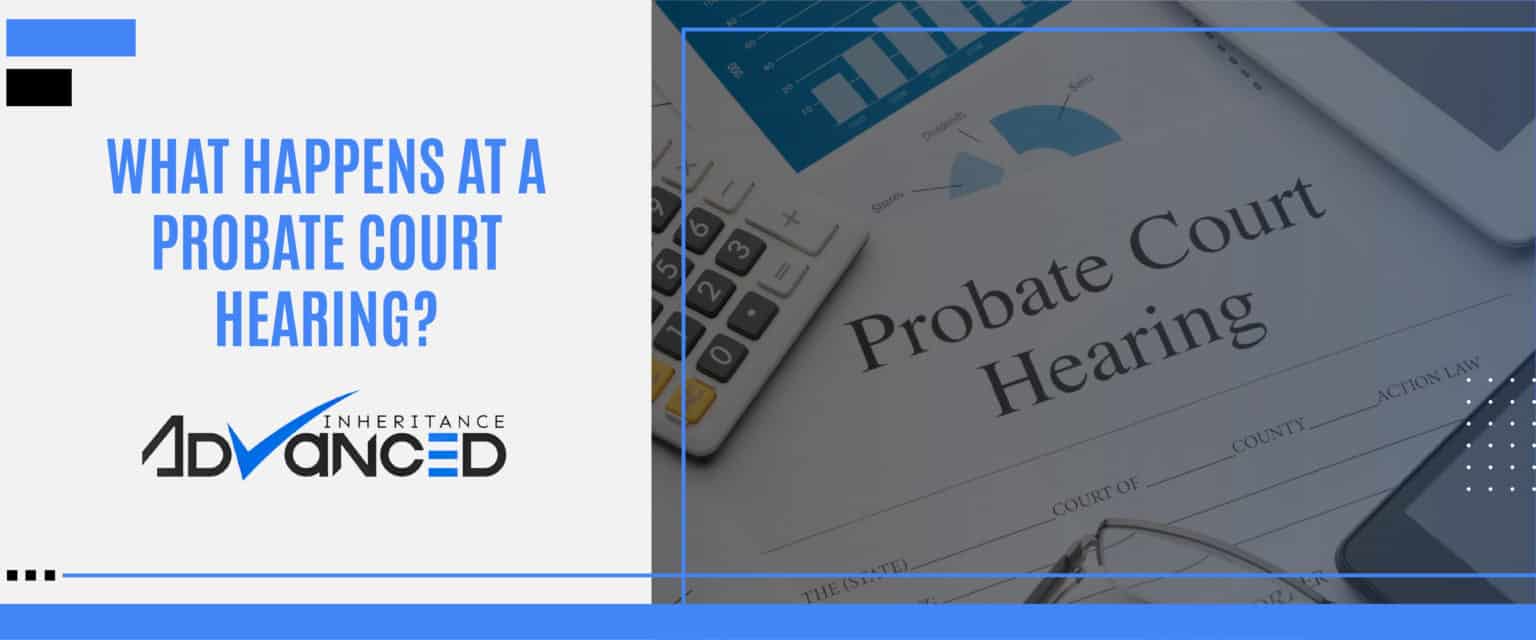Probate is a legal process that involves administering the will of a deceased person. In most cases, the court oversees the process to make sure that all legal requirements are met and the wishes of the deceased are followed. This includes gathering the assets of the estate, paying debts, and distributing the remaining assets to the heirs and beneficiaries. While the process may seem straightforward, it can be complex and may involve the completion of various legal documents. If you have questions about probate, it may be helpful to speak with a probate attorney for guidance.
A Step By Step Guide To The Probate Process
There are many vital steps in probate and questions that you might have. The probate process is complex and has multiple different steps and terms. The process can be complicated but it is necessary to make sure that the assets within the decedent’s estate are handled appropriately.
-
File The Petition
The first step in the probate process is to file a Petition for Administration with the circuit court in the county where the deceased person lived at the time of their death. This petition should include supporting documents, such as the deceased person’s will. If the documents are in order, the court will issue a Letter of Administration about a month after the petition is filed. The letter will appoint a personal representative for the estate and give them legal authority to act on behalf of the estate and the beneficiaries. This may include opening an estate account to distribute assets.
-
Naming a personal representative
In order to begin the process of probate, the person named as the personal representative or executor of the will must file a petition for probate with the county clerk where the decedent lived. This is the only location where probate can be held. Even if your loved one owned a vacation residence, the process can only take place where the decedent’s primary residence is located.
Once the petition is filed an initial hearing will be held by the court. During the hearing, the court will review the person appointed by the will as the personal representative. This person can refuse to act as the personal representative or accept the assignment. If the person refuses, the court will then need to appoint someone to this position.
-
Providing notice to beneficiaries
After the court validates the personal representative, this person must then provide notice to the beneficiaries of the will, creditors, and anyone else named in the will. The administrator is also required to notify relatives of the deceased who would inherit assets from the estate if there was no will in place (based on your state’s intestate succession laws). Notice can be made via an announcement in the local newspaper or by sending letters to the parties involved. Those notified of probate are not required to attend or even answer the notification.
-
Notify creditors of the decedent’s death
This is the first step in almost any probate process timeline. Once a decedent passes, it’s important to notify any creditors. This starts with a newspaper announcement and then an official estate inventory. Once debts have been established, your surviving family members or the executor of your estate will need to notify the necessary credits. This can be done by sending a copy of your death certificate to each creditor. Estate creditors have one year from the point of the person passing away to make claims on that estate. If we found ourselves in probate, there would be a duty to file in a local newspaper of regular distribution. From that point on, creditors have a variable amount of time based on the state of the probate to make a filing against the estate.
-
Audit of estate assets
The next step for the personal representative is to audit all of the assets and property of the estate. Every item must be inventoried and appraised to determine the overall value of the estate. Items can include any of the following:- Jewelry
- Furniture
- Art collections
- Vehicles
- Boats
- Real estate
- Bonds
- Stocks
- Books
- Clothes
- Baseball cards
- Autographed items
- Bank Accounts
-
Payment Of Creditor Claims
Following the conclusion of the first hearing, the personal representative can begin the next step of the probate case on the decedent’s estate. This step involves the payment of debts, the filing of state taxes and federal taxes, and the distribution of assets. The probate process cannot be closed until all of this occurs, especially the payment of taxes to the Internal Revenue Service according to state laws and probate laws. -
Filing of Taxes
During the probate process, the estate of a deceased person is responsible for paying any taxes that are owed. This may include things like income taxes, estate taxes, and any other taxes that are due at the time of the person’s death or that become due as a result of the probate process. The executor of the estate, who is the person responsible for managing the probate process, is typically responsible for ensuring that these taxes are paid in a timely manner. If the taxes are not paid, the estate may be subject to interest and penalties. It’s important to note that the rules around paying taxes during probate can be complex, and it is advisable to seek the guidance of a tax professional or attorney if you are involved in the probate of an estate and have questions about tax obligations. -
Final Distribution of Estate Assets
After the judge has reviewed the actions of the administrator, probate will be closed by the court and final distribution of probate will commence. The remaining estate funds can now be distributed to the beneficiaries named in the will. The discharge order must be signed by the judge and included with the closing letter. Be sure to check with the laws of your state to determine if an estate tax needs to be paid. If so, the money can come from the estate. There are many different ways to receive an early distribution or probate including probate advances.
Frequently Asked Questions About The Probate Process
How does the absence of a will or trust affect the need for probate?
Probate is typically necessary when the deceased person owned significant assets in their own name and did not have a valid will or trust. In this case, probate is needed to determine who should inherit the assets and to ensure that the assets are distributed according to the laws of the state where the deceased person lived.
Who oversees the probate process?
The probate process is overseen by a probate court. The specific process can vary depending on the state where the deceased person lived.
Who is responsible for managing the estate during probate?
A personal representative, also known as an executor, is typically appointed to manage the estate during probate. This individual is responsible for inventorying the deceased person’s assets, paying debts and taxes, and distributing the remaining assets to the beneficiaries.
How long does the probate process usually take?
The probate process can be time-consuming and can take several months to a year or more to complete, depending on the complexity of the estate.
Is the probate process expensive?
The probate process is often expensive, as it involves legal fees, court costs, and other expenses.
Are there ways to avoid the probate process?
There are several ways to avoid the probate process. A person can transfer ownership of their assets to a trust, name a beneficiary on financial accounts and insurance policies, or transfer ownership of their property to another person through a process called “joint tenancy with right of survivorship.” These methods can help ensure that assets are transferred directly to the intended beneficiaries without the need for probate.
What is a trust and how does it relate to probate?
A trust is a legal agreement in which a person, called the grantor, transfers ownership of their assets to a trustee. The trustee is responsible for managing the assets and distributing them to the beneficiaries according to the terms of the trust. One benefit of using a trust is that it can help avoid probate, as the assets are not owned by the grantor at the time of their death and are therefore not subject to probate.
What is a beneficiary and how do they relate to probate?
A beneficiary is a person or entity that is entitled to receive assets from an estate, trust, insurance policy, or other financial account. Beneficiaries can be named in a will, trust, or other legal document, and they are typically entitled to receive the assets directly upon the death of the person who owned the assets. Naming beneficiaries can help avoid probate, as the assets can be transferred directly to the beneficiaries without the need for probate.
What is joint tenancy with right of survivorship and how does it relate to probate?
Joint tenancy with right of survivorship is a way of owning property with another person in which each person has an equal ownership interest. When one owner dies, their ownership interest in the property passes directly to the surviving owner or owners. This can help avoid probate, as the property does not need to go through the probate process to be transferred to the surviving owner or owners.
What are the most important probate terms?
Probate Court:
In short, the probate court is the legal process of having the court oversee and determine the validity and authenticity of a will, handling a will that’s contested, and dispersing the assets of the decedent’s estate in appropriate legal order according to state law. There is only one part of the judicial system that deals with wills, estates, conservatorships, a living trust, and guardianships, and that is through a probate proceeding in the Probate Court.
The Estate:
An estate is not limited to physical real estate. In the event of death, an estate is the sum total net worth of a deceased individual and includes all assets involved that the deceased owned. The estate includes their home, any other real property, businesses, material possessions, bank accounts, investments, vehicles, etc. The more assets that would potentially be included in a taxable estate, the greater the likelihood that state laws will require probate. The size of the estate is key to determining if one can avoid probate with a small estate affidavit, will only need a summary administration, or a formal administration is required according to state law. Seeking the appropriate legal assistance with estate planning is vitally important to do before a person died.
Decedent:
The decedent is the appropriate legal term for the deceased person whose estate is in question. Prior to someone’s death, probate laws and other pertinent state laws should be reviewed with an experienced probate attorney. At that time, a will can be established, an executor can be established according to the probate laws of that state. Then, after the decedent dies, the personal representative is the executor for the estate. If there is no will in place upon the decedent’s death, then the personal representative is an administrator of the estate.
Beneficiaries and Heirs:
While these two terms are often used synonymously, there is a significant distinction. A beneficiary is an individual listed in a will, living trust, or insurance policy set to receive assets from the estate of the deceased. Whereas an heir must be directly related to the deceased by blood, such as a spouse, child, or sibling. The distinction between an heir and a beneficiary becomes more significant if the deceased passed without a living will. Without a will, there are rarely beneficiaries outside of blood-related, rightful heirs who can be legally recognized according to state laws.
Administrators, Executors, and Personal Representative:
All of these roles are significant in the probate process and are subject to the legal jurisdiction of the probate court. They even share many of the same responsibilities, such as paying taxes, selling real estate, and gathering and dispersing assets amongst beneficiaries. The personal representative of an estate is the executor or administrator for the estate of the deceased individual and serves as a fiduciary of the estate’s beneficiaries. However, the administrator is the person appointed by the court to be in charge when someone dies without a legal will and testament in place, and the executor is responsible for overseeing the execution of the existing will.
Do you need to hire a probate attorney?
Probating an estate is a complex process that involves many factors including a hefty amount of paperwork, court appearances, and jumping through legal hoop after legal hoop. A licensed probate attorney is an attorney who specializes in the intricacies of the probate process. They can drastically ease the stress and frustration that typically accompanies the process of probate, by taking a large part of the workload off of the shoulders of the decedent’s family, beneficiaries, and executor. They can also advise if the decedent’s family can avoid probate altogether. Additionally, you can consult your probate lawyer on the specific circumstances and state laws regarding the dispersal of assets.
When is probate necessary?
Probate is typically necessary when the deceased person owned significant assets in their own name and did not have a valid will or trust.
Who overseas the probate process?
Probate is typically necessary when the deceased person owned significant assets in their own name and did not have a valid will or trust.
What are the personal representatives responsibilities in probate?
Probate is typically necessary when the deceased person owned significant assets in their own name and did not have a valid will or trust.
What is the timeframe for probate?
The probate timeline can be time-consuming and can take from 3 to 36 months depending on the complexity of the estate.
How can you avoid probate?
To avoid probate, a person can transfer ownership of their assets to a trust, name a beneficiary on financial accounts and insurance policies, or transfer ownership of their property to another person through a process called “joint tenancy with right of survivorship.”
What assets have-to go through probate?
If you do not have a Will, everything you own will go through probate court if your assets are above the limit set by your county and state that does not need to pass through probate. Most states allow anything under $70,000 to go to probate summary instead of administration. In addition, any assets that do not have a named beneficiary have to go through probate. The following situations will always go through the process:
-
Any inheritance where the Beneficiary passes away before the decedent: If a named beneficiary passes away before the person who owns the estate without an updated will, the courts will need to be involved.
-
Non-titled property: Non-titled property is anything owned without paperwork because there is no way for anyone to know what the wishes of the decedent were. Household items such as appliances, clothing, furniture, and other general items could fall into this category. If your Will names these items and appropriately states your wishes, you can eliminate probate.
-
Partner-owned investment property (tentants in common): In cases where properties are titled as “tenants in common,” and where clear instructions aren’t present in a Will, a probate court will step in to help determine how your share is passed down. Keep in mind, if your Will makes your wishes clearly known, the process becomes simplified.
-
Sole ownership property: Property that has no beneficiary on the title then it will go through probate to determine ownership of the real estate. In some states, you can avoid this by adding“POD” (payable on death) or “TOD” (transfer on death) to the title or deed.
What assets do not have-to go through probate?
Certain assets and property will not go through probate court. By properly planning, you can help avoid probate for any of the following.
-
Items that have a Beneficiary named: Naming a Beneficiary on an asset means you can avoid probate. For example, life insurance policies have named Beneficiaries, so proceeds go directly to them without having to go through probate.
-
Items placed inside a Living Trust: Because a Trust owns the items inside it, when you pass away, anything in your trust can go to your Beneficiaries as specified by the Trust, thus avoiding the probate process.
-
POD (payable on death) or TOD (transfer on death) items: When you title property and assets such as bank accounts, real estate, retirement accounts, stocks and vehicles with “POD” and “TOD,” you can bypass probate and pay or transfer items directly to your noted Beneficiary. Note that some states do not allow real estate to be titled this way.
-
Jointly titled property (with Survivor’s Rights): Property titled jointly with Survivor’s Rights will automatically go to a Survivor after you pass. There is no need for the property to go through probate in this case.
After the owner of an asset dies, the court must be petitioned for a probate case to be opened and an executor must be appointed that is in charge of administering the estate. Usually, a petition for probate is issued quickly after someone passes away with assets that need to be probated.
Call Inheritance Advanced to Discuss Where You Are In The Probate Process
The experienced and trusted team at Inheritance Advanced serves more than 1,560 clients in Florida and across the country. We understand how challenging the probate process can be and that it can last upwards of one year to complete. Our advisors can assist you throughout the probate process or help you acquire an inheritance advance so you don’t have to struggle to pay for your loved one’s funeral and burial.
Call our inheritance funding company office in West Palm Beach or visit us online to speak with a probate advisor today. You shouldn’t have to struggle to pay the bills for more than a year while you wait for the probate to conclude. Let our probate advisors help you wade through the murky waters of the probate process no matter the state where you live.
References:
- https://meetfabric.com/blog/probate-101-what-you-should-know-about-probate-or-avoiding-probate
- https://www.thebalance.com/how-long-will-probate-take-3505270
- https://www.legalzoom.com/articles/how-long-does-probate-take
- https://money.usnews.com/money/personal-finance/family-finance/articles/everything-you-need-to-know-about-probate

